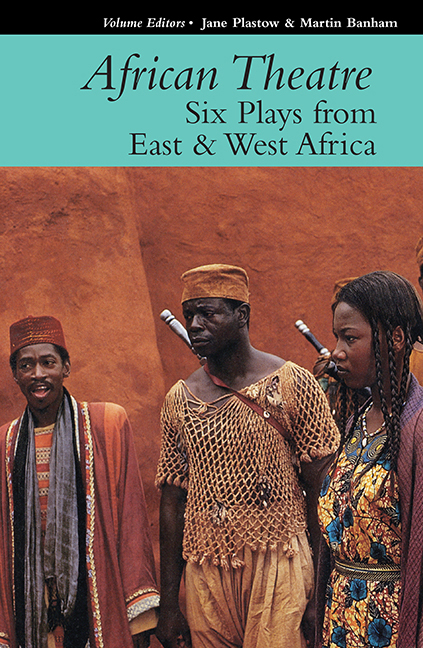Obituary: Adieu Alain Ricard
Published online by Cambridge University Press: 24 August 2019
Summary
The news came in a terse message from Olabiyi Yai – our friend, Alain Ricard, had left. He had succumbed on the 27 August last year, to leukaemia.
I was devastated. Although the news rightly aroused a cry of shock and lamentation everywhere, it could not but come to me with a personal edge of pain, for Alain and I had been close friends for more than three decades. Our last meeting in fact had been just a couple of months earlier, in June, at the most recent conference in Bayreuth of the ALA – the Association of African Literature in America, which he had helped set up in 1975, and to which he was assiduously committed, never missing any of its annual reunions. I had received no inkling whatsoever of his illness, not to talk of his imminent demise. True, he did look somewhat pale and fragile, but he was throughout his usual cheerful and teasing teetotaller self, as full as ever of mischievous banter and anecdote, and of delicious laughter. Berenice, his faithful companion of many years, was with him as usual, and we parted with me promising to repeat soon the visit I had made in 1990 to their home in Bordeaux, this time to sample the grapes that Berenice had begun experimenting with in their garden. But now, quite abruptly, he was gone!
Alain and I met for the first time in 1981/82 in Ibadan when, at the prompting of my old mentor and teacher, Abiola Irele, I undertook the translation into English of his first book, a comparative study of Wole Soyinka and Leroi Jones, titled, Théâtre et nationalisme: Wole Soyinka et Leroi Jones (Theatre and Nationalism: Wole Soyinka and Leroi Jones), 1983. From that time on, inevitably, our careers became intertwined, as I began to develop as a scholar-artist, and he as a fast-rising Africanist scholar.
After that book on Soyinka which ignited in him a passionate love for Africa that was to be life-long, Alain then encountered the work of the so-called ‘concert parties’ in the south of Togo and Ghana, itinerant theatre groups very much in the genre of the Yoruba Popular Travelling Theatre and, as well, the fiction of chapbook writers like F.lix Couchoro, the Francophone equivalent of Onitsha market literature.
- Type
- Chapter
- Information
- African Theatre 16: Six Plays from East & West Africa , pp. ix - xiiPublisher: Boydell & BrewerPrint publication year: 2017



